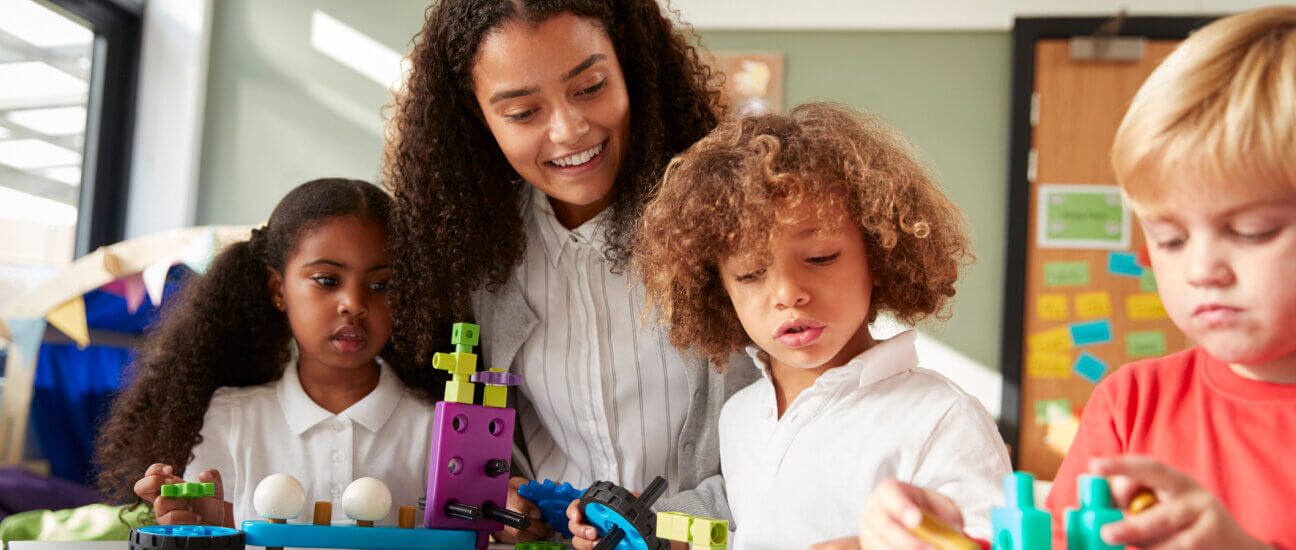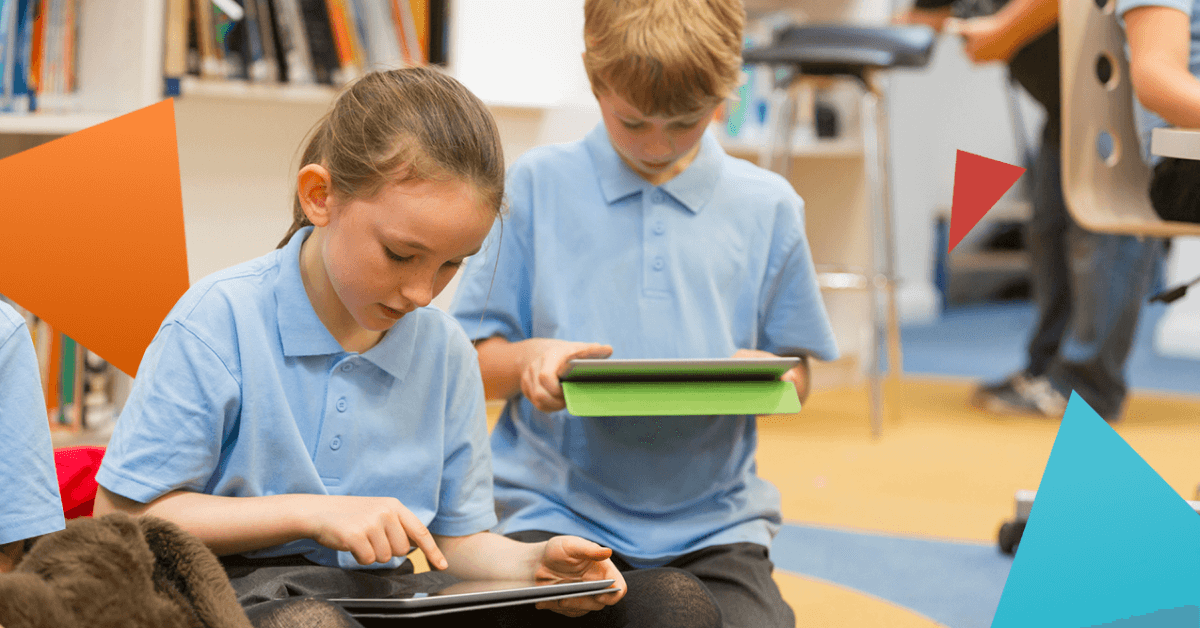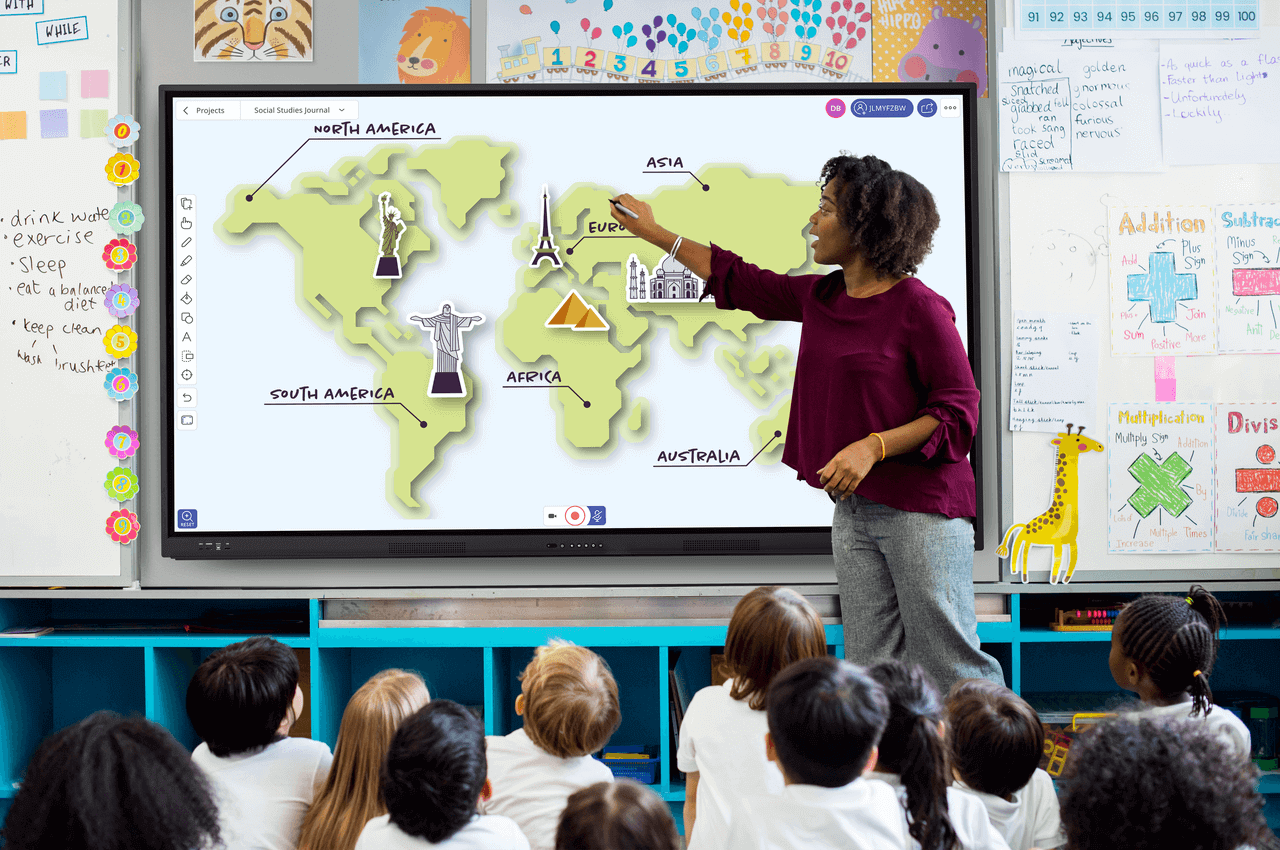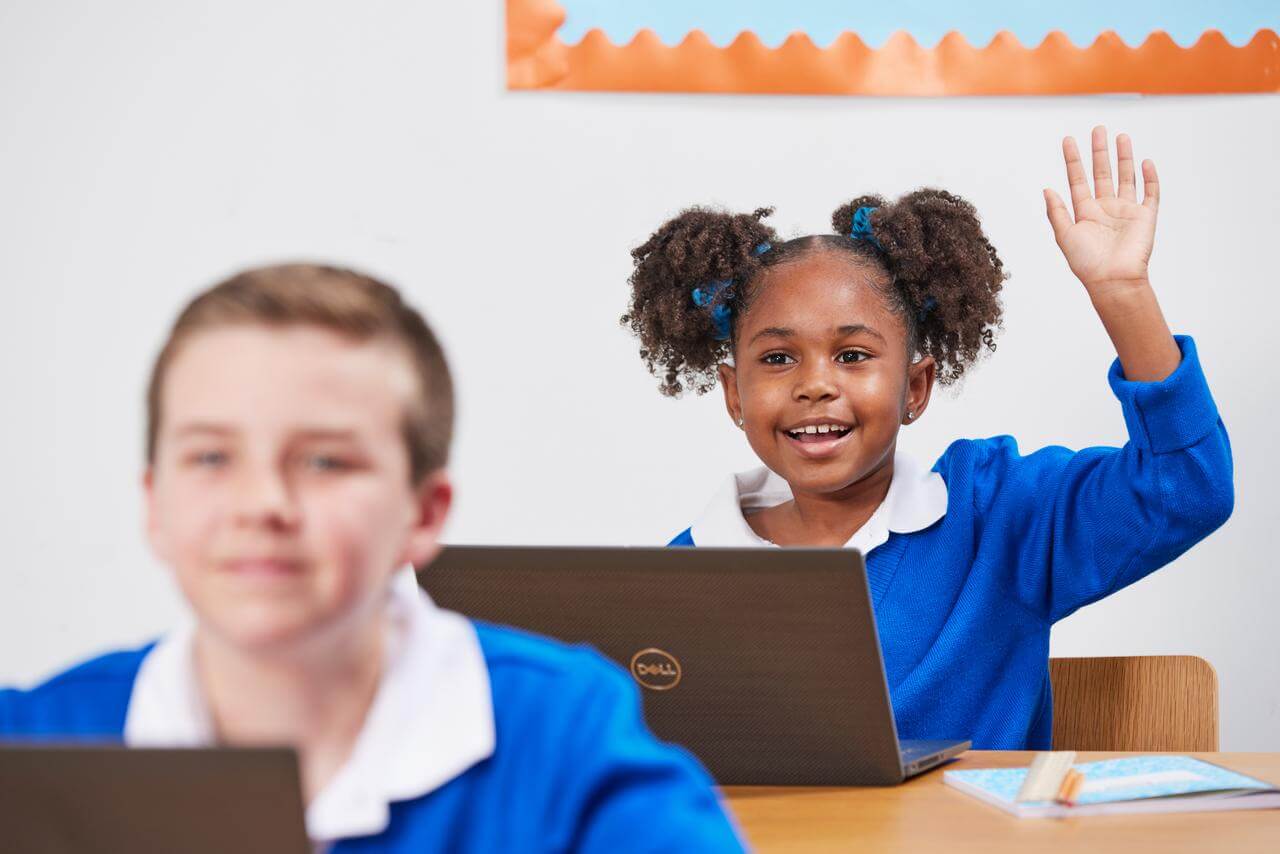Published on June 6th, 2022
The role of the teacher in the future of education
4 minute read

Schools and teachers have always played an essential part in shaping our society, with direct input on the development of children as they grow into adults. With such significant influence over the outlook and worldview of each generation, what and how teachers teach is a contentious question.
School priorities are regularly reviewed to address shifting student needs—drops in engagement or attainment, for example. But what the ultimate goal of an education really is, and what a teacher represents, is much broader. Despite having subject curricular criteria and other government legislation to satisfy, schools still manage to exercise agency in their vision and values for their students. Likewise, the educators within these institutions find varied instructional approaches.
Promethean’s Head of International Education Strategy, John Collick, interviewed renowned international futurist, Gerd Leonhard, about the new needs an education and teacher will need to fulfill in the future—revealed in our full report. So how has the role and purpose changed in recent years?
What an education needs to do is the only thing left for us in the future: to be human.
Gerd Leonhard
The role of the teacher
Even outside these holistic questions, the mechanics of teaching itself have diversified significantly as educators have pursued a modern classroom. They’ve traditionally relied on a lecture-style format, statically delivering information to rows of students from the front of the classroom. As new edtech has been introduced, offering dynamic ways to stimulate engagement, they’ve repositioned themselves in rounded classroom configurations.
Throughout, teachers have remained central in leading the classroom; the importance of the face-to-face teacher has only deepened. Their role has expanded from imparting information as a knowledge source, to becoming a trusted mentor of students’ development. Emphasis has increasingly fallen on supporting student wellbeing while guiding personal growth, self-awareness, and confidence. This new role leaves educators to decide how best to manage these student needs alongside their achievement and learning outcomes. Find out more about how teachers’ priorities are changing in the full predictions report.
The purpose of education
At its simplest, the education paradigm has concerned attainment versus wellbeing. Is it more important that students leave school with good grades or well-rounded, versatile skills? Really, the answer is both. But they remain the prime factors school strategy oscillates between each year. Historically, results and attainment have taken precedence, defining an outstanding school by the results it achieves.
Recently, however, social-emotional learning has come to the fore. With the mental health and psychological aspect of the student experience thrown into stark relief, educators appreciate more than ever the importance of supporting their interpersonal skills and resilience. In a future of education that’s set to be technologically rich, the imperative for educators is protecting these human connections.
Find out more about the ideal classroom of the future, what will be taught, and how you can prepare in the full predictions report.




